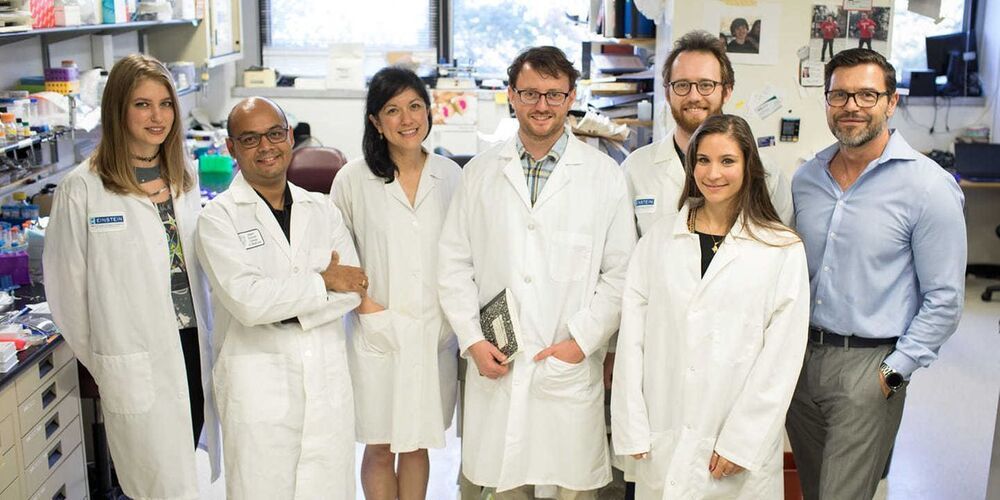Roundworms don’t have eyes or the light-absorbing molecules required to see. Yet, new research shows they can somehow sense color. The study, published in the journal Science, suggests worms use this ability to assess the risk of feasting on potentially dangerous bacteria that secrete blue toxins. The researchers pinpointed two genes that contribute to this spectral sensitivity and are conserved across many organisms, including humans.
“It’s amazing to me that a tiny worm —with neither eyes nor the molecular machinery used by eyes to detect colors—can identify and avoid a toxic bacterium based, in part, on its blue color,” says H. Robert Horvitz, the David H. Koch Professor of Biology at MIT, a member of the McGovern Institute for Brain Research and the Koch Institute for Integrative Cancer Research, Howard Hughes Medical Institute Investigator, and the co-senior author of the study. “One of the joys of being a biologist is the opportunity to discover things about nature that no one has ever imagined before.”
The roundworm in question, Caenorhabditis elegans, is only about a millimeter long. Despite their minute stature and simple nervous system, these nematodes display a complex repertoire of behaviors. They can smell, taste, sense touch, react to temperature, and even escape or change their feeding patterns in response to bright, blue light. Although researchers once thought that these worms bury themselves deep in soil, it’s becoming increasingly clear that C. elegans prefers compost heaps above ground that offer some sun exposure. As a result, roundworms may have a need for light-and color-sensing capabilities after all.








